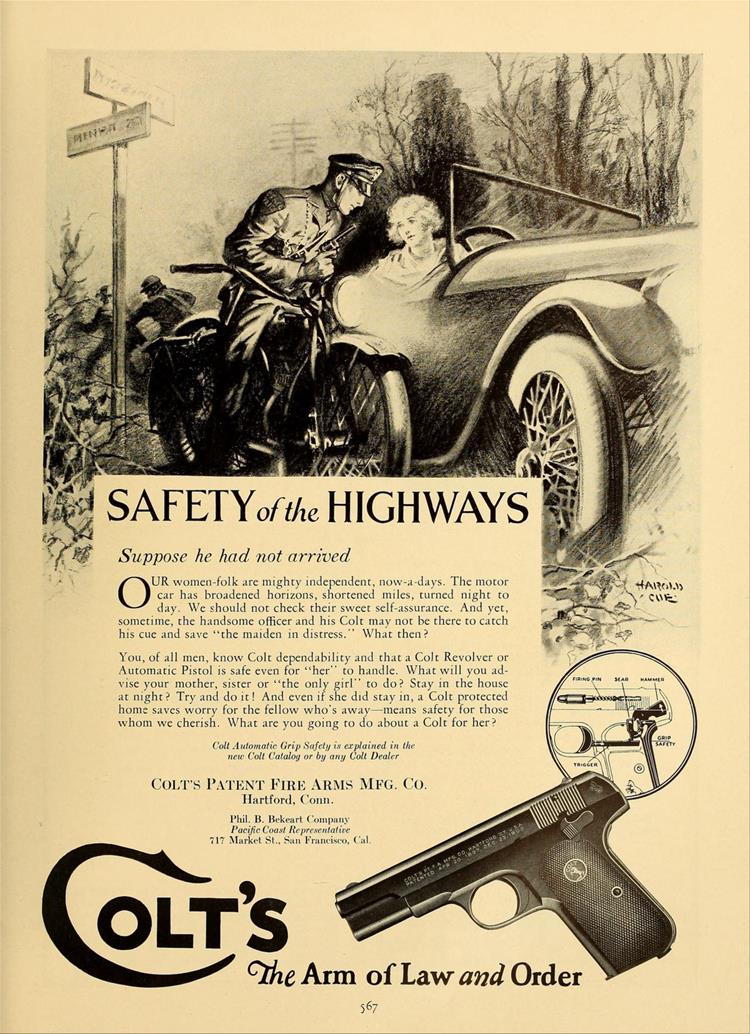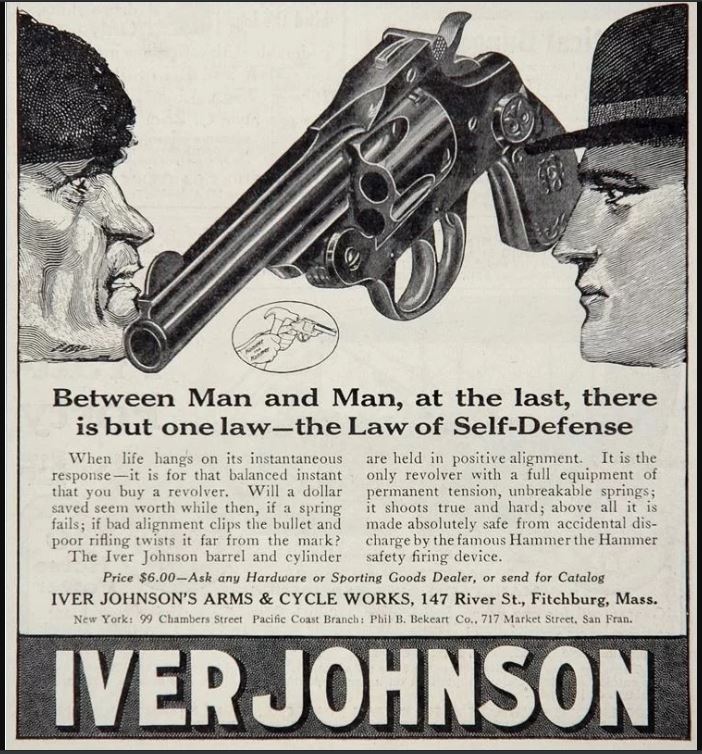I’m sometimes asked why I don’t try to “monetize” this website — i.e. earn good money from it — because many people consider me something known as an “influencer”.
I’ve always thought the word’s closest synonym was “product pimp”.
I supposed I have influenced people to some degree; certainly, this email’s theme is by no means uncommon:
“Kim, before I started reading your blog, I thought I was doing okay, I mean with my guns. I kept my dad’s old service revolver in the drawer next to my bed (which I hadn’t fired for over a decade, by the way). I had an old Marlin .22 rifle for dealing with pests on my property, and a 12-gauge shotgun that Dad used to go bird-hunting with. I doubt whether I had more than a couple boxes of ammo for each.
“Then I found your blog because of the Pussification essay, and as I read more and more of your writing, something changed in the way I look at guns.
“Now I have about 15 handguns of various calibers, six (SIX) .22 rifles ranging from a “sporterized” Ruger 10/22 all the way up to an Anschutz 54 (which I use for competitions — yes, I compete in NRA Smallbore now).
“Don’t ask me about centerfire rifles. I started with a .30-30 lever gun, and now own several mil-surp Mausers (thanks to your continuous praise for them, my favorite is a Venezuelan in 7×57) as well as another four in various calibers. I’m not much into shotguns, although I did buy a couple pumps which I keep around the house and garage, just in case. You know what I mean.
“But that’s not the worst, even though my wife of thirty years has put her foot down and refuses to let me put another safe in the spare bedroom which is now where I clean and fiddle with the guns. The worst is that I’m running out of space to store the ammo. Every year on National Ammo Day I buy about ten thousand rounds of various sizes, and that’s not counting .22 ammo which I buy on pretty much a monthly basis, a few thousand at a time. I don’t know why because I think I have close to 100,000 rounds of .22 stored up, but I shoot so damn much of it, I’m scared of running out.
“My life has become much more enjoyable, but I am now considerably poorer. And it’s all your fault.”
If that’s what being an influencer means, then I guess I am one of those. What gets in my way is that I have always steadfastly refused to endorse any specific product, simply because I don’t want to paint myself into a corner. What if I’m (say) a Savage endorser, and I hate one of their new products? I should point out that I’ve been approached on several occasions by various manufacturers, but as soon as I lay down my conditions, the offers are withdrawn. (I told one guy that I couldn’t understand why he was interested in me when practically every writer in the gun mags was sucking his dick already.)
So I guess I’ll never become one of these product pimps, either by choice or because, as far as I can tell, all my Loyal Readers have personal arsenals and ammo supplies which exceed that of the writer above and they don’t really need much “influencing” at all. The market for my influencing, in other words, is almost non-existent.
There is one group where I have been a major influencer, but I’m saddened to have been one.
Over the past sixteen or so years I have probably taught close to two hundred women to shoot, and I’m sorry to say that at least a third have been women who were being victimized by vengeful ex-boyfriends or ex-husbands, and who felt the need to protect themselves by owning a gun to fend off these pricks. I taught them to shoot, and helped them pick the gun which suited them the most, and in a couple of cases actually lent them one of my own guns if they couldn’t afford one right way. One girl, who was 19 at the time and was in danger from some asshole stalker, kept my loaner gun for three years until she was finished college and got her first job. Then she bought the gun from me out of her first paycheck. (In case you’re interested, it was a Ruger SP101 .357 Magnum and I charged her a hundred bucks for it. It’s not like she became a thoracic surgeon or something.) She was/is an outstanding shot, and she still writes to me on occasion, sending me pics of her latest targets. I pity the fool.
Sorry, I veered off the topic there for a moment. Back the the influencer thing.
I admit that I’d like to make money off this website — I mean serious money — but it seems that most of these other product pimps do their thing on FaecesBook, Twatter or InstaCrap, and I refuse to be part of those platforms [200 reasons omitted].
Whatever. As with so many things, the price of entry to this game isn’t worth the possible reward, so I’ll never become one of these people. I can’t say it bothers me that much.
Oh, and Samuel, if you read this post, I took the liberty of cleaning up your grammar and taking out the insults. And let me know how that new P938 works, willya?


































